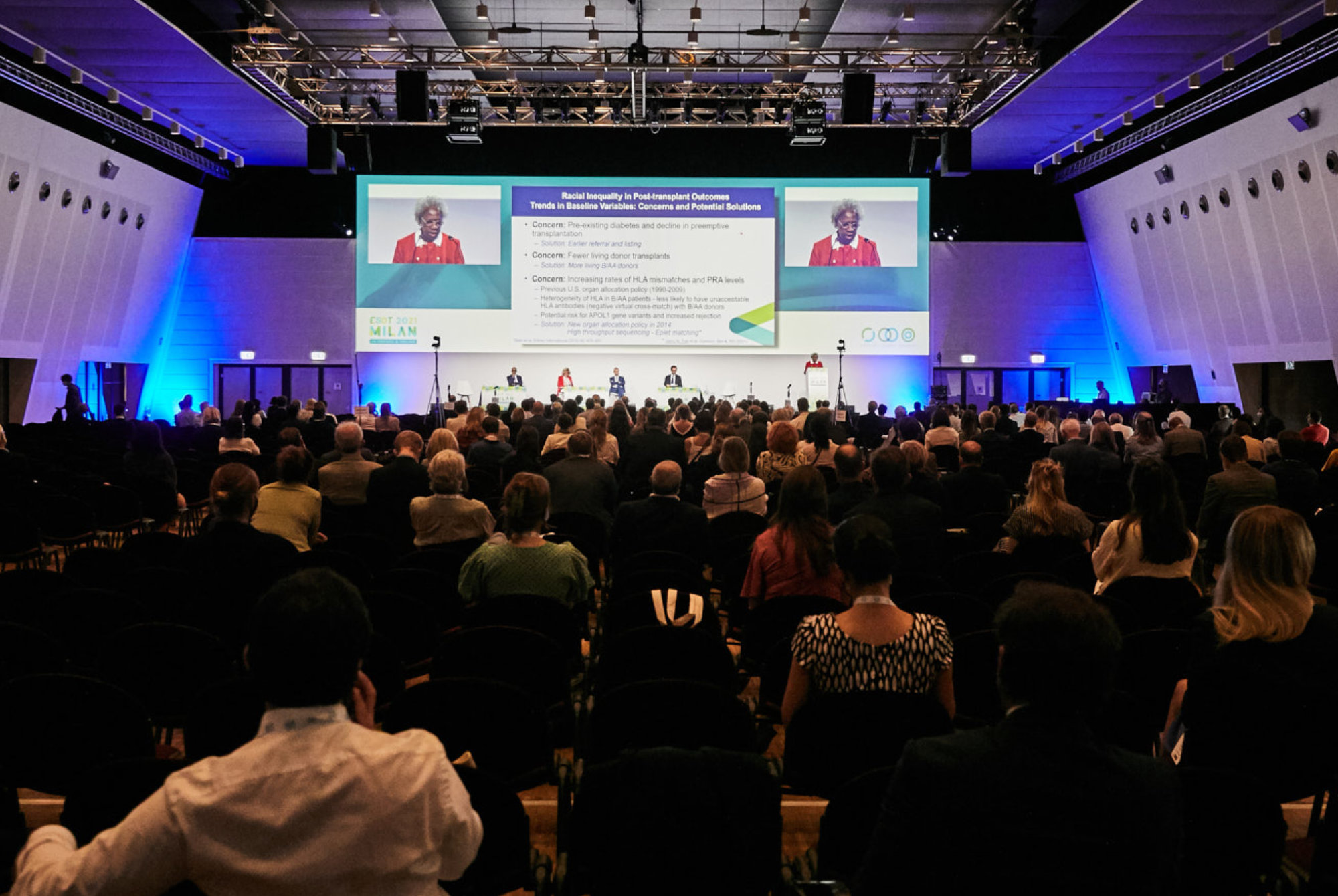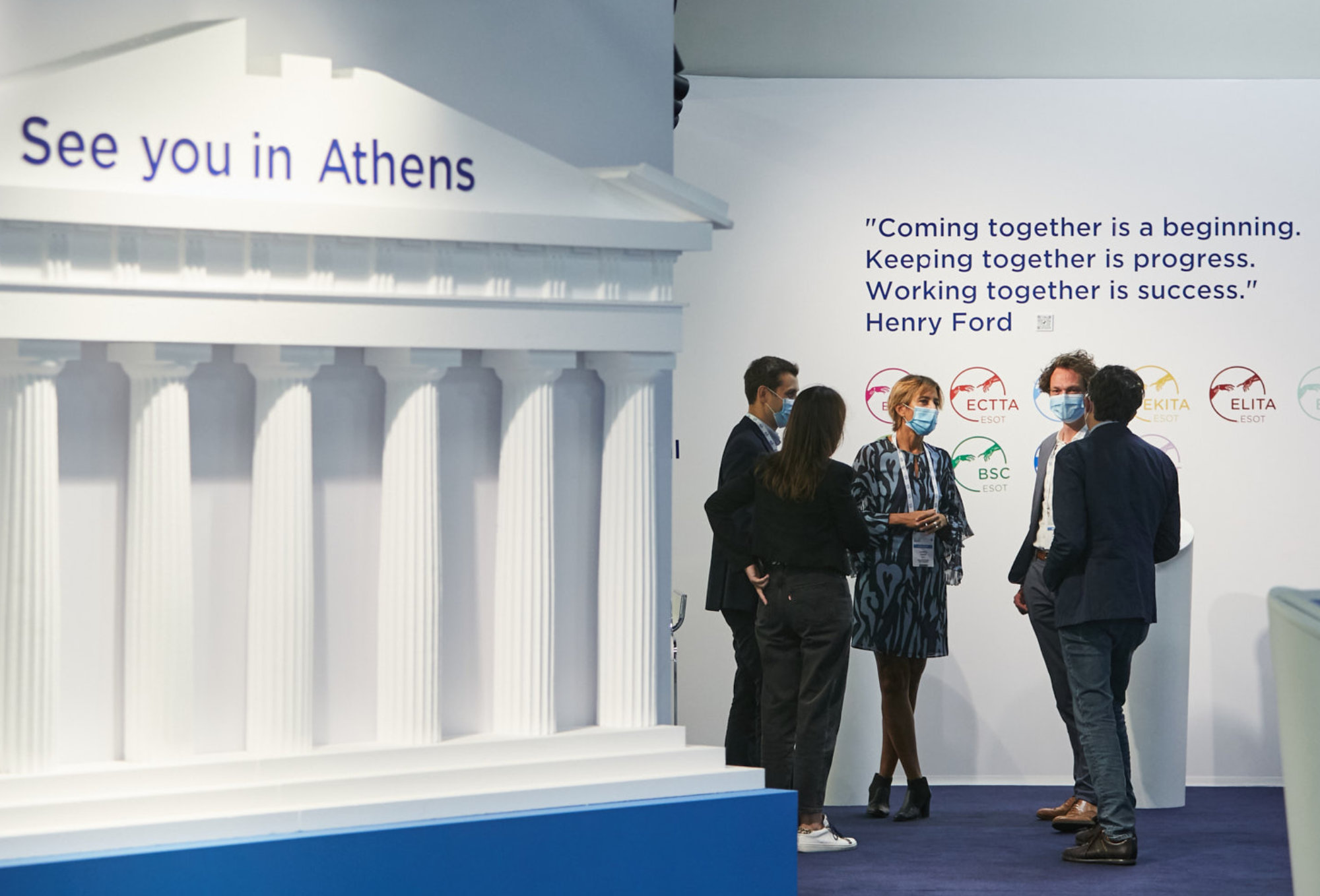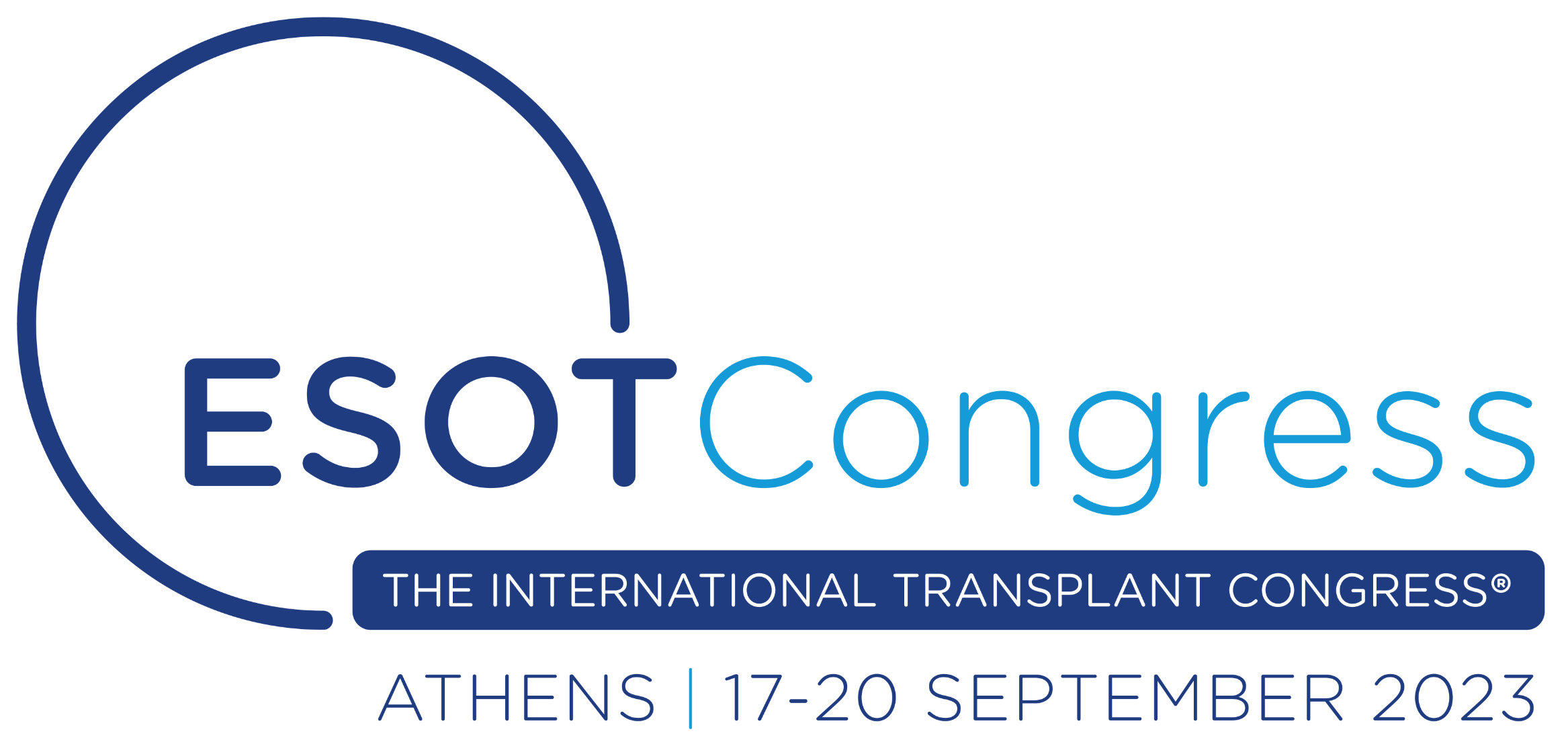Programme
Presentations, think-tanks, courses and more
About the programme
The biennial ESOT Congress is the largest gathering of the transplant community in Europe, bringing together clinicians, surgeons, physicians, nurses, scientists, researchers and patients to review latest developments in transplantation.
The exciting congress programme will present the latest science and education in various session formats, including state-of-the-art presentations, solution rooms, debates, hands-on courses and more.
Please note, for the latest version of the scientific programme, please browse the interactive online version here or download the ESOT Congress 2023 App here.
Hear from the Scientific Programme Committee
Congress domains
DIGITAL TRANSFORMATION
Will digital revolution redefine the delivery of care in a post-pandemic era? We are yet to understand the potential benefits for patients and healthcare providers. What are the ethical challenges in digitizing healthcare? How can we avoid creating new barriers in access to transplant? Is telemedicine a viable clinical and financial option? Are patients comfortable sharing real-time data and analytics? Have we reached the inflection point?
INNOVATION AND TECHNOLOGY
Machine perfusion, biotechnology, bioengineering, artificial intelligence, robotics, AR and VR are developing rapidly. What value will they add to transplantation? What will transplantation look in ten years? Will these innovation offer an improved patient journey? How do we ensure the patient is included in technology innovation to ensure a more personal approach? Education and connectivity are two key issues for the future of innovation in transplantation.
REALISTIC CARE
Advancements in diagnostics, laboratory science and big data have been exponential, making the application of precision transplantation a realistic prospect. Could this help the delivery of realistic care? We will explore whether the promises of big data and biomarkers have been delivered and how these advances may shape the delivery of day-to-day clinical care. What will this mean for patients? Could this enhance the health and quality-of-life of transplant patients? Will this help to tackle unwarranted variation in transplant care and improve self-management?
REGENERATION AND REPAIR
Perfusion technology and cell therapy advancements open the door to new opportunities for intervention to maximise the utilisation of donated human organs. In parallel, recent advances in xeno-transplantation, genetic interventions and artificial humanised organs may further bridge the gap. What do the next ten years hold? How do patients and the public feel about these options?
SHARED DECISION, SHARED CARE
The delivery of healthcare is rapidly shifting towards a value-based system, driven by patients. We will focus on how healthcare professionals can create an open and trusting environment, enabling better communication and a meaningful dialogue with patients. This will lay the foundation necessary to explore the ways in which patients can be empowered to actively participate in the decision-making processes concerning their own personal care.

Key Info
All you need to know about the upcoming congress in Athens!

Accommodation

Past & Future


